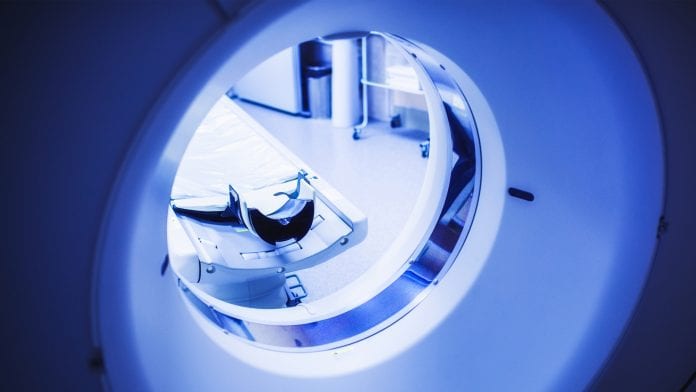
A team of scientists are looking at utilising ultraviolet light (UV light) in order to disinfect the inner bore of CT scanning machines.
Due to COVID-19, hospitals and care spaces are having to take extra care and precaution, above and beyond normal protocol, to ensure they are clean for patients who may be vulnerable to catching the virus. The cramped inner space of CT scanning machines is often exposed to exhaled particles from patients and it can be very difficult for healthcare professionals to reach inside to properly clean the area.
Now, a team of scientists at John Hopkins Medicine are looking at how UV light may be able to help disinfect these difficult to reach spaces.
Improving disinfection in care spaces
Johns Hopkins biomedical engineer Jeff Siewerdsen and radiologist Mahadevappa Mahesh are carrying out the research to test the use of UV light as a disinfectant on CT scanners, however, the UV light they are studying is not the usual type which comes down to Earth as rays from the sun. The researchers highlight that rays from the sun are UVA rays which are prone to causing skin cancer in human beings. The duo is looking at UVC light – a different form of ultraviolet ray that can eliminate a high proportion of SARS-CoV-2 virus from hard surfaces.
The researchers attached a UVC lamp to the bed inside the bore of a CT scanner – finding that the UV light wiped out 99.9999% of SARS-CoV-2 virus particles in just three to five minutes.
The researchers note limitations of the effectiveness of the lamp they used in that there may be crevices in the CT scanner that it cannot reach.
Johns Hopkins says that if the use of UVC light for cleaning the CT scanners is effective, the process could be used in addition to the manual wipe down of CT scanners, and would improve the safety of personnel and patients.
The study has been published in the Journal of Applied Clinical Medical Physics.










